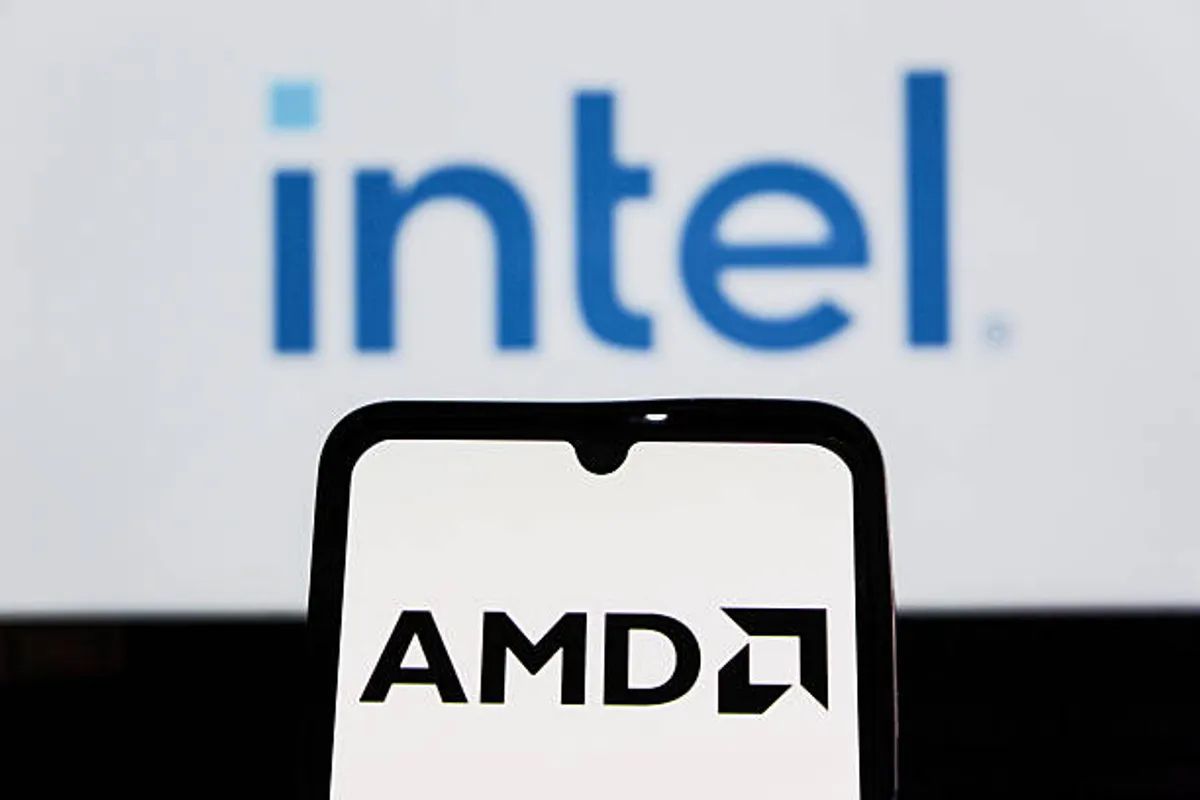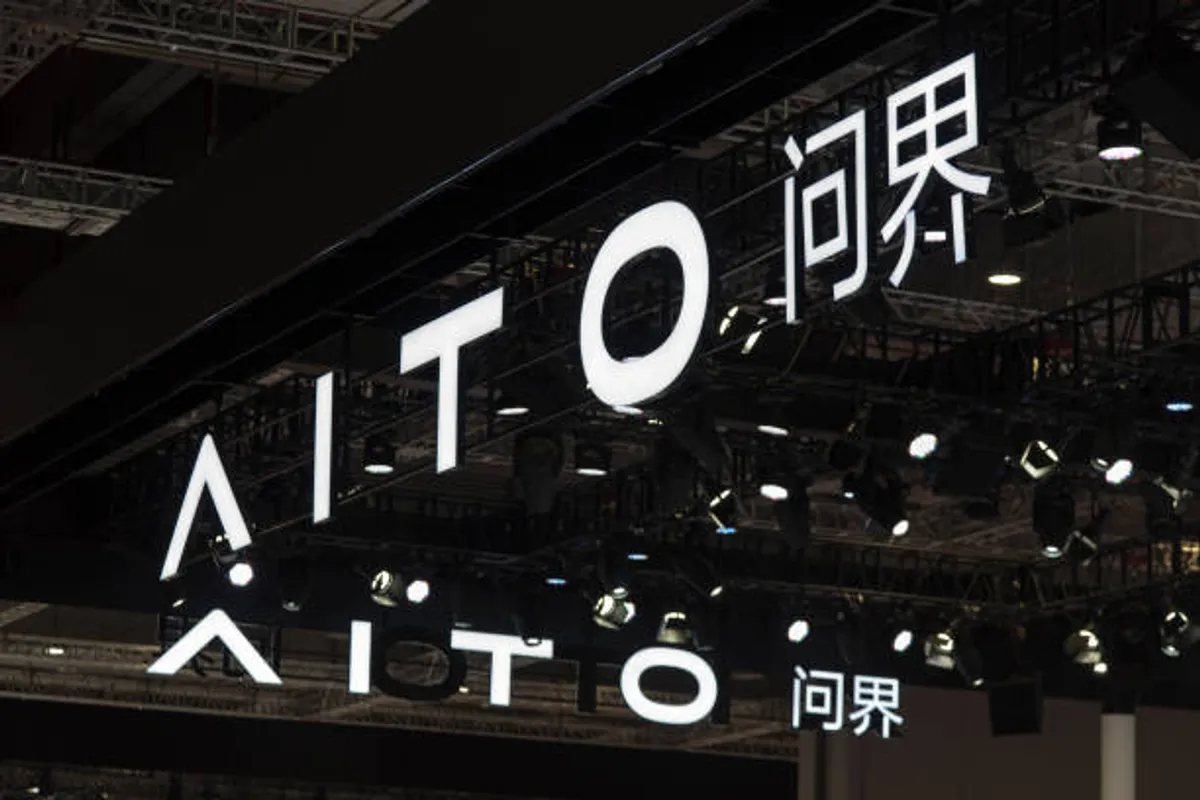White House Blocks NVIDIA’s Most Advanced AI Chips from China in New Tech Crackdown

GeokHub

The United States government has barred NVIDIA from exporting its most advanced artificial intelligence processors, known as the Blackwell series, to China, escalating the ongoing technology standoff between the world’s two largest economies.
A White House spokesperson confirmed that the restriction applies to NVIDIA’s top-tier AI chips designed for high-performance computing and data centers, citing national security concerns. The ban aims to prevent China from gaining access to hardware that could accelerate military or surveillance-related AI capabilities.
While NVIDIA is still allowed to sell some of its less powerful chips in China, the flagship Blackwell line — critical for training cutting-edge AI models — will remain restricted to the U.S. and select allied markets.
Analysis / Impact:
The move deepens the tech decoupling between Washington and Beijing, highlighting the growing strategic value of advanced AI hardware. For NVIDIA, the decision represents a significant commercial setback, as China accounts for a major share of its data-center chip sales.
Industry analysts say the export ban could prompt China to double down on its domestic semiconductor programs, accelerating efforts to develop homegrown AI chips and reduce reliance on U.S. technology. Meanwhile, NVIDIA may redirect more production to meet rising U.S. and European demand driven by the global AI boom.
This latest restriction is part of Washington’s broader strategy to control the flow of advanced computing technology abroad. It follows a series of similar measures introduced over the past two years, all aimed at keeping sensitive AI and semiconductor tools out of strategic rivals’ hands.
Despite the short-term impact, NVIDIA is expected to maintain strong overall growth, driven by AI demand from cloud providers, research institutions, and enterprise customers. Still, the ban underscores how geopolitics is now shaping the future of the global chip industry, blurring the line between commerce and national security.








